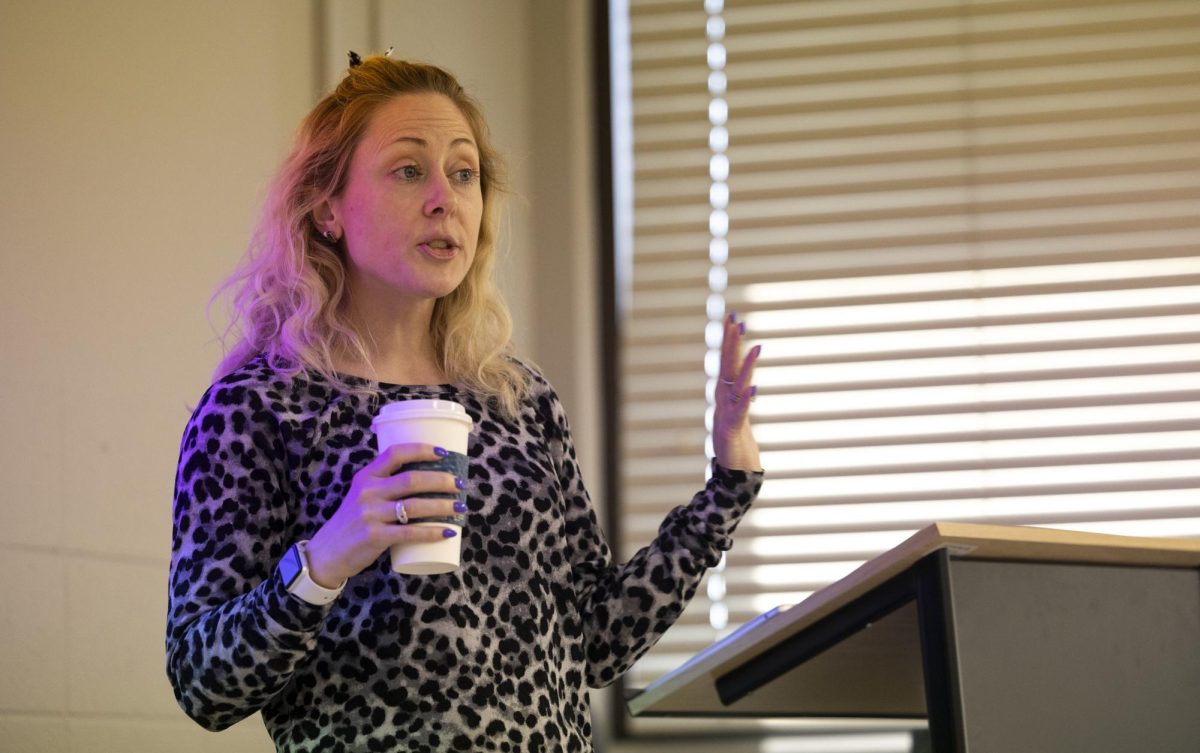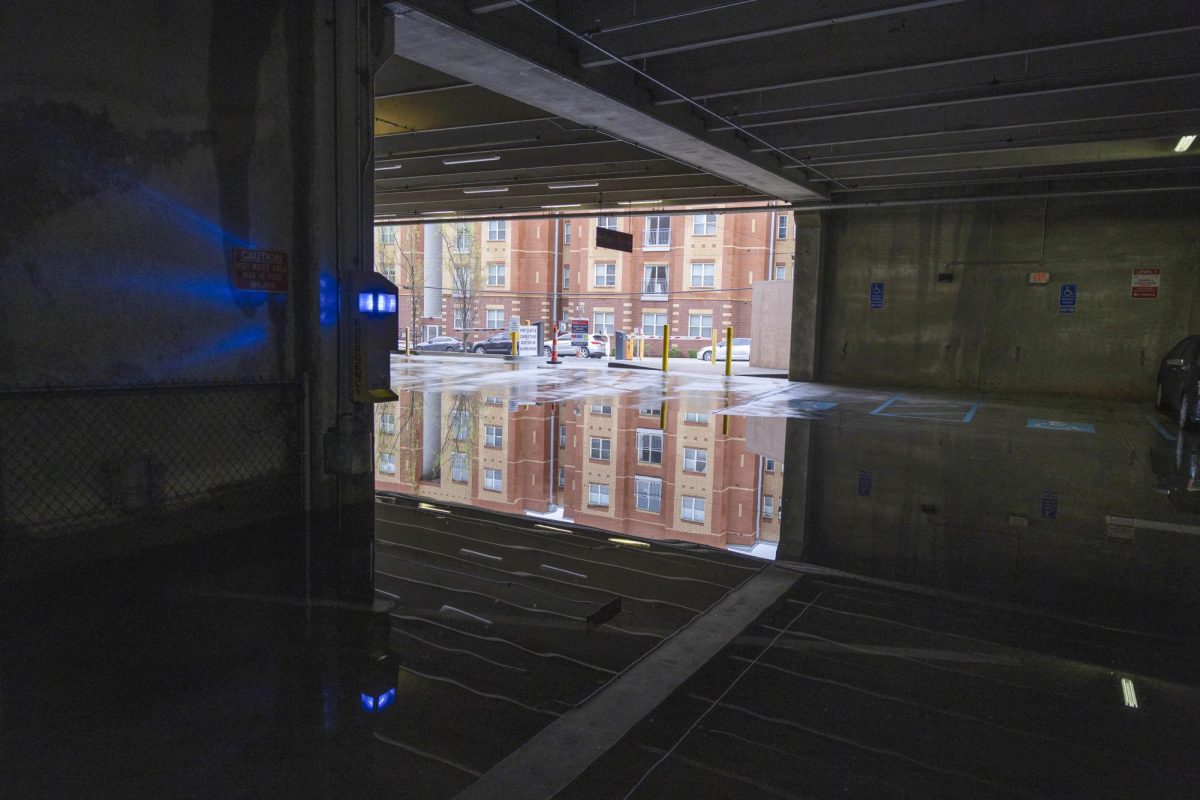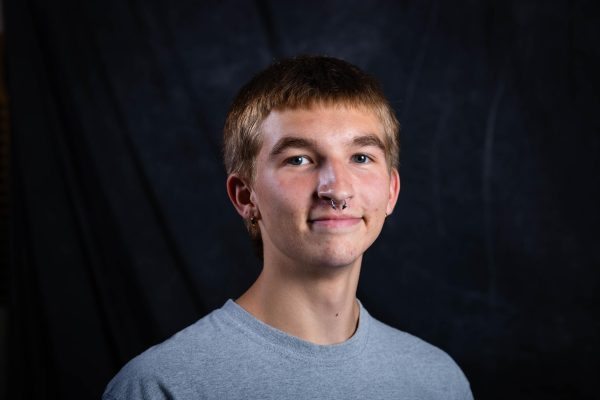A WKU anthropology professor concluded this semester’s Brown Bag Lecture Series with her engaged anthropology methods through her research with incarcerated immigrants.
Robin Valenzuela’s lecture, “Acompanamiento/Accompaniment as Engaged Anthropology,” hosted by The WKU Department of Society, Culture, Crime & Justice Studies, utilized her experience with Indiana AID. The initiative, which she co-founded in 2019, “supports individuals detained by ICE in Indiana by visiting them, bearing witness to their experiences, and providing resources to them and their families,” according to the website.
Her lecture Wednesday centered on combating traditional materialistic anthropology methods with the decolonization method, which implements accompaniment.
“We’re going to use research in order to affect social change,” Valenzuela said. “Particularly, we’re going to collaborate with and strategize these systems to even out power hierarchies as engaged as possible and really legitimizing community building and care.”

Her current avenue of affecting social change supports ICE detainees at Clay County Jail in Brazil, Indiana. She said ICE detainees suffer harassment by correctional officers, overcrowding, little to no medical care, understaffing, a lack of communication about their cases and a physically absent oversight body.
Valenzuela said Indiana AID’s methods include offering counseling and medical care, providing books to compensate for a lack of recreational activities and sharing the voices of those in bondage.
One way the detainees express their voices is through artwork, which they often make for the Indiana AID volunteers. Valenzuela passed around several pieces of artwork during the lecture. She said the drawings were completely illustrated with golf pencils because they are the only art materials Henry County Jail provides.
Another way the group elevates voices is by publishing newsletters to inform local communities about ongoing trends in the jail. The February Volume 1 newsletter mentioned that Indiana AID passed out “Red Cards” which detail constitutional rights, specifically for immigrants.
She said the group often finds that the public had no idea of the conditions or even that an ICE detention center exists just down the road.

During the lecture, Valenzuela referenced an active lawsuit against the jail which argues the Clay County Jail is “illegally profiting from the detention of noncitizens at the jail, all while ICE turns a blind eye to the jail’s blatant violations of federal detention standards and ignores the county’s misuse of federal funds.” She said Indiana AID utilizes its research to support this case.
Despite Indiana AID’s strides to affect social change, Valenzuela said she anticipates a struggle with balancing activism and anthropological research.
“Trying to do it all at the same time can be very challenging,” Valenzuela said.
She said a specific challenge is working with immigrants suffering from trauma due to their situation as well as the jail conditions.
Part of the group’s capability to deal with these circumstances is through its diverse team of volunteers. She said Indiana AID consists of a dedicated group including retired doctors and nurses, teachers, researchers and a pastor.
“Connectedness and relationality are not just fun side-projects,” Valenzuela said.












